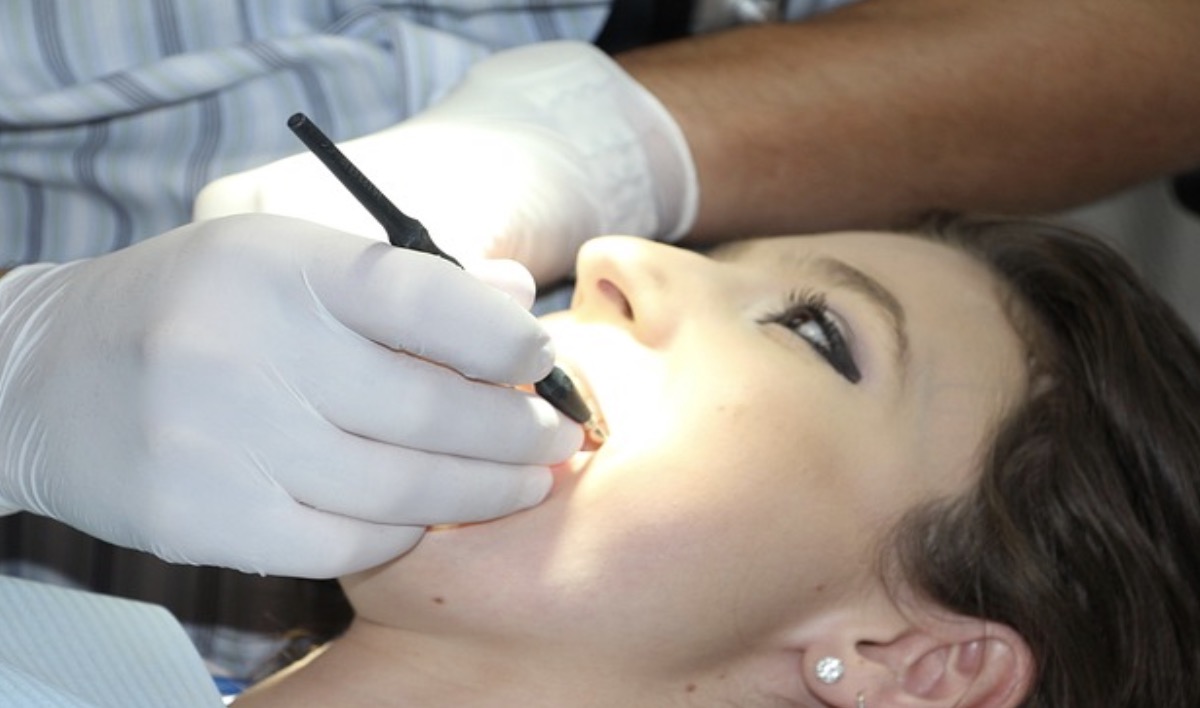Maintaining good oral health is crucial for overall well-being. Your family members need to visit the dentist and prioritize dental care regularly. Oral health has a significant impact on our entire body. Bacteria and substances from dental issues can spread through the bloodstream, causing inflammation and infection. This can lead to serious health conditions like heart disease, stroke, diabetes, and respiratory problems. Inadequate oral hygiene can also affect our mental well-being, causing low self-esteem and anxiety. This guide emphasizes the importance of oral health and provides valuable tips for ensuring your family’s dental health remains excellent.
Reader's Roadmap
1. Prevent Disease
Regular dental check-ups and cleanings are crucial in preventing oral diseases. This includes timely interventions for dental issues such as cavities, gum disease, and tooth decay. Decayed or broken teeth can be treated using dental crowns in Denver to prevent the onset of severe oral infections that may lead to tooth loss. Good oral hygiene practices, such as brushing twice daily, flossing, and using mouthwash, are also key to keeping harmful bacteria at bay. Also, maintaining a healthy diet low in sugar, vitamins, and minerals can help strengthen teeth and gums, further preventing dental diseases.
2. Enhance Overall Well-being
Enhancing overall well-being goes beyond the absence of disease; it includes complete physical, mental, and social health. Oral health is a vital part of this well-being. A healthy mouth allows effective communication, nutrition, and a confident smile, boosting self-esteem and quality of life. Additionally, oral health provides insights into general health conditions.
For example, systemic diseases affecting the entire body, such as diabetes or HIV, may first become apparent due to mouth lesions or other oral problems. Therefore, maintaining oral hygiene is not just about keeping one’s teeth and gums healthy. Still, it also plays a significant role in keeping track of overall health and ensuring well-being.
3. Boost Confidence and Self-Esteem
A healthy, radiant smile boosts confidence and self-esteem, impacting personal and professional interactions. It’s not just about aesthetics; good oral health makes you feel good about yourself. Healthy teeth and gums allow for open smiles, laughter, and social engagement without self-consciousness.
Moreover, positive oral health can also impact speech clarity, enhancing communication skills and further bolstering confidence and self-esteem. Thus, prioritizing regular dental check-ups, practicing diligent oral hygiene, and addressing dental issues promptly is not just about preventing disease but also about fostering a positive self-image and overall confidence.
4. Prevent Bad Breath
Bad breath, medically known as halitosis, can be embarrassing and indicate underlying oral health problems. Preventing bad breath starts with meticulous oral hygiene. Brushing your teeth at least twice daily and flossing daily helps remove the food particles and bacteria contributing to foul breath. Remember to brush your tongue, too, as it can harbor odor-causing bacteria.

Regular dental check-ups and cleanings are crucial for maintaining oral health and fresh breath. Hydration is another critical factor; a dry mouth creates a perfect environment for bacteria to thrive, so drink plenty of water throughout the day. Dietary habits also impact breath; avoid foods with strong odors like garlic and onions, and cut back on coffee and alcohol, which can dry out your mouth.
5. Save Money in the Long Term
Investing in preventive oral care can lead to significant long-term savings. Regular dental check-ups identify potential issues early, which are easier and less costly to treat than advanced problems. For example, filling a small cavity can prevent the need for expensive and invasive treatments like root canals or dental implants in the future.
Maintaining optimal oral health can prevent oral diseases. These conditions could lead to costly procedures or emergency dental care without proper care. Additionally, oral health is connected to overall health. By practicing good oral hygiene, you may avoid significant medical expenses related to systemic health issues resulting from poor oral health. Consistently investing in oral care benefits your health and wallet in the long term.
6. Ensure Proper Nutrition
Proper nutrition is crucial for optimal overall health. However, dental problems can hinder eating comfortably, limiting nutritional intake. Missing or damaged teeth, gum disease, and other oral issues make chewing and swallowing difficult. This can lead to a diet lacking essential vitamins and minerals for a healthy body.
Moreover, conditions like dry mouth can also impact taste perception, decreasing appetite and food enjoyment. Therefore, by prioritizing oral health and preventing dental issues, individuals can ensure they can eat a balanced diet that supports their overall well-being.
Prioritizing oral health goes beyond just preventing cavities and gum disease. It plays a crucial role in an individual’s overall well-being, confidence, and quality of life. By adopting good oral hygiene practices, seeking timely dental treatment, and investing in preventive care, individuals can reap numerous benefits beyond their teeth and gums. So don’t neglect your oral health; it’s essential to living a happy and healthy life.







Leave a Reply
View Comments